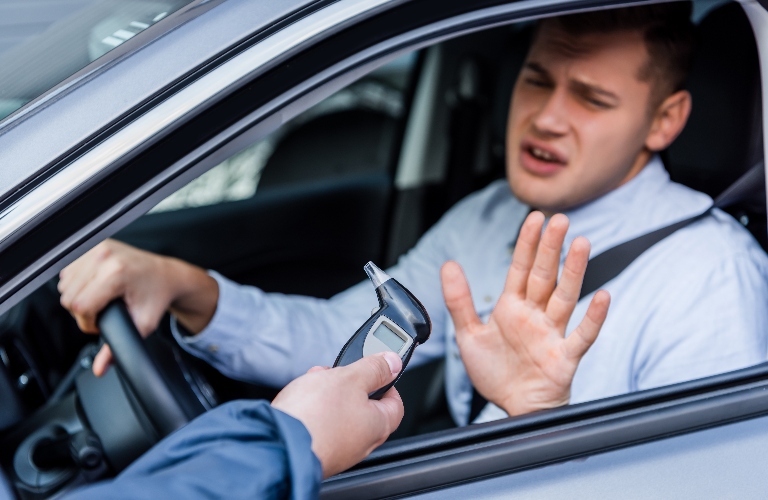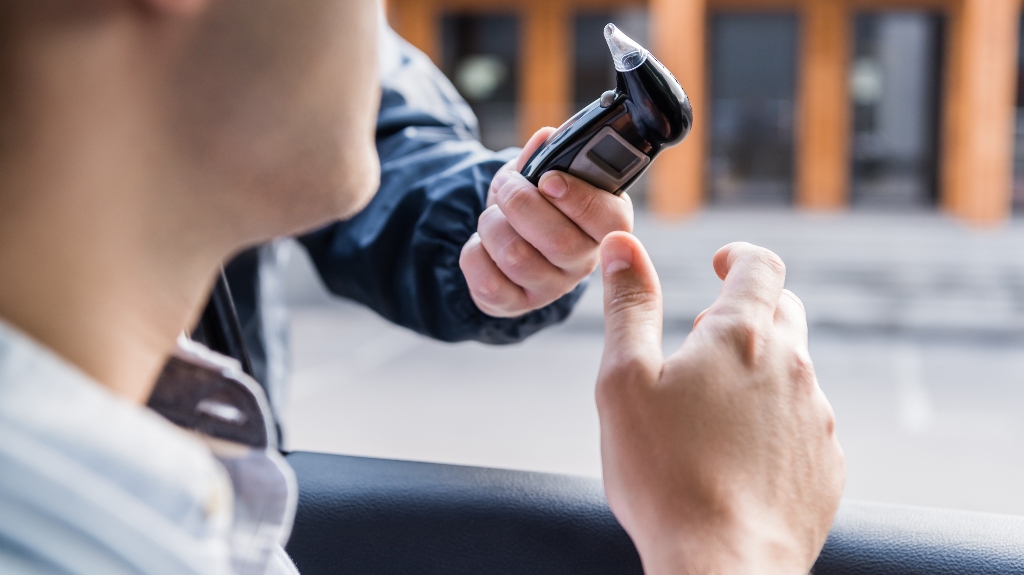Imagine driving home after a night out when you suddenly see flashing lights in your rearview mirror. The officer approaches, asks if you have been drinking, and before you know it, you are faced with the choice of taking a breath test. Many drivers hesitate at this moment and wonder if refusing will protect them. The truth is that in Illinois, refusal brings its own penalties, often harsher than you might expect. If you are in this position right now, know that you do not have to navigate it alone. The attorneys at Fabbrini Law Group offer free consultations to help you understand your options and fight for your rights.
Understanding Illinois Implied Consent Law
Illinois operates under what is known as the implied consent law. This means that by choosing to drive on Illinois roads, you are automatically agreeing to submit to chemical testing if you are arrested for driving under the influence. That includes breath tests, blood tests, or urine tests requested by law enforcement.
It is important to note that there are two types of breath tests. The small handheld device offered at the roadside, often called a preliminary breath test, can usually be refused without direct penalties. The official chemical test given at the police station or hospital, however, is where refusal triggers serious legal consequences. Knowing the difference can save you from confusion in the moment.
What Happens If You Refuse a Breath Test in Illinois
Refusing the official breath test after a DUI arrest automatically leads to a statutory summary suspension of your driver’s license. This is an administrative penalty imposed by the Illinois Secretary of State and it applies even if you are never convicted of DUI in court.
For a first-time refusal, your license will be suspended for twelve months. If you have previously refused or failed a breath test within the past five years, the suspension jumps to three years. In contrast, a failed test generally results in a shorter suspension period, which surprises many people who assumed that refusing was the safer choice.
These penalties affect more than just your ability to drive for fun. They can impact your commute to work, your family responsibilities, and your independence. Losing your license for a year or more can feel like a punishment even before your criminal case is resolved.
How Refusal Can Affect Your DUI Case
Some drivers refuse the test thinking that without a blood alcohol number, prosecutors will have a harder time proving DUI. While it is true that a refusal removes one piece of evidence, it does not make the case disappear. Officers can rely on field sobriety test results, dashcam footage, and their own testimony about your behavior or appearance.
Courts also allow prosecutors to mention the refusal itself as evidence. Jurors may be told that the refusal suggests a consciousness of guilt, which can hurt more than it helps. In short, refusing does not guarantee a stronger defense. In some cases, it may even complicate your attorney’s ability to fight the charges.

Options for Driving Relief After a Refusal
Drivers facing suspension for refusing a breath test may still qualify for limited driving relief. In many cases, you can apply for a Monitoring Device Driving Permit, which requires installation of a Breath Alcohol Ignition Interlock Device in your vehicle. This device ensures that you pass a breath test before your car starts.
While this option can restore some freedom, it comes with costs, responsibilities, and restrictions. It is not automatic, and you must apply through the state while following strict rules. An experienced DUI lawyer can guide you through the process and help you pursue the best available outcome for your situation.
Protect Your Rights After a Breath Test Refusal
Refusing a breath test in Illinois carries significant consequences, including long license suspensions and potential challenges in your DUI case. Many drivers assume it is a smart move, only to learn that the law is not on their side. The best decision after a DUI arrest is not about refusing or submitting, but about calling a lawyer as soon as possible.
At Fabbrini Law Group, we understand how overwhelming this process can be. Our team has guided countless clients through both the criminal and administrative sides of DUI cases. If you are facing penalties for refusing a breath test, do not wait. Contact us today for a free legal consultation and let us fight to protect your future.


